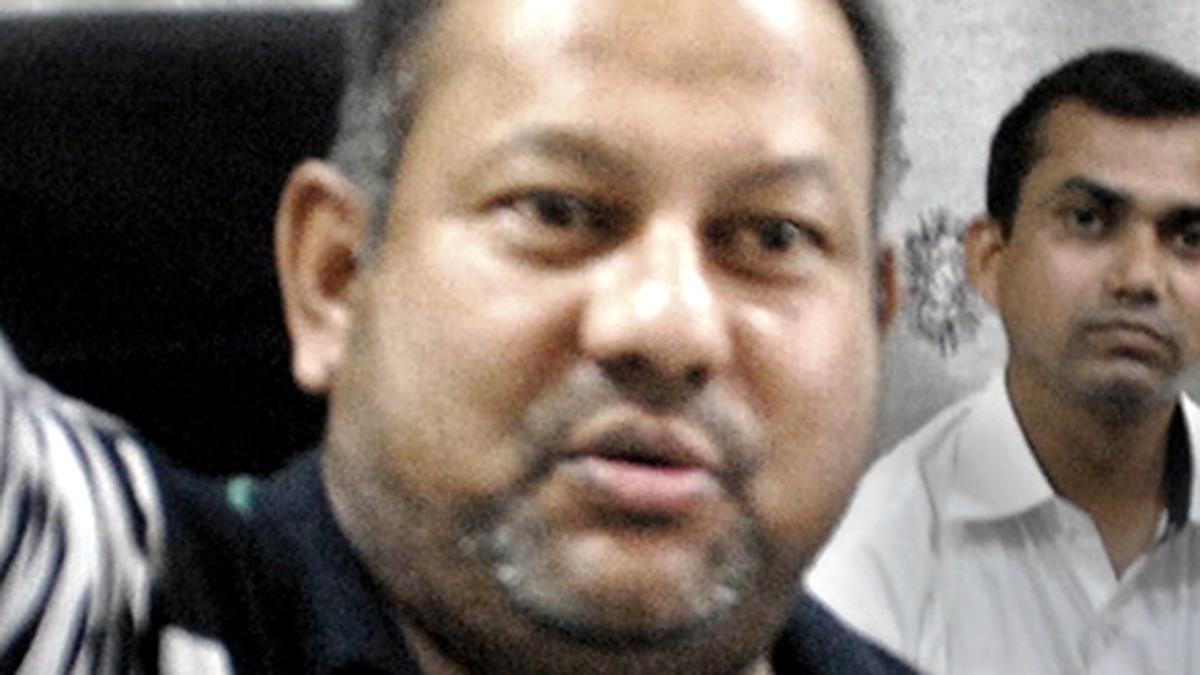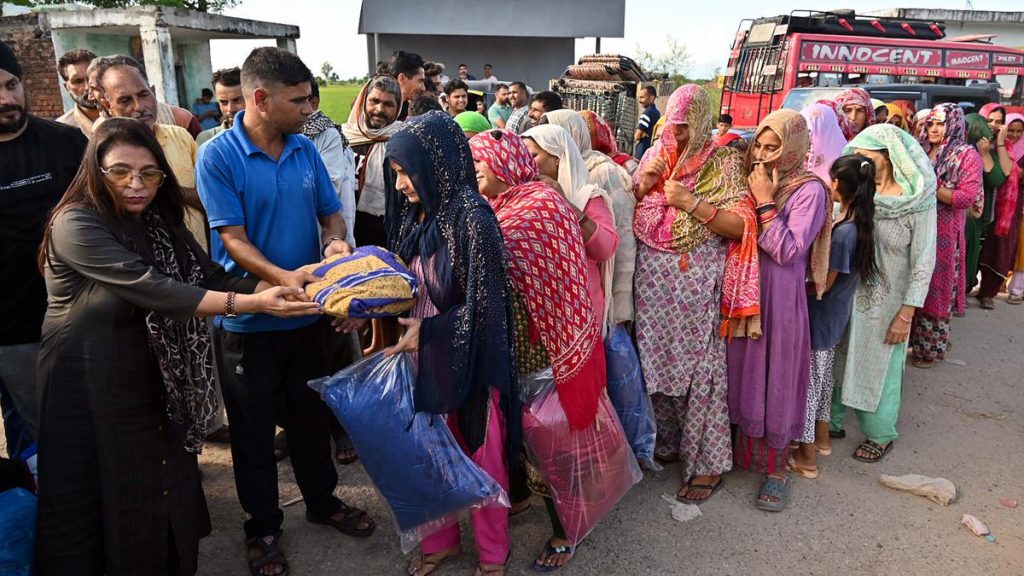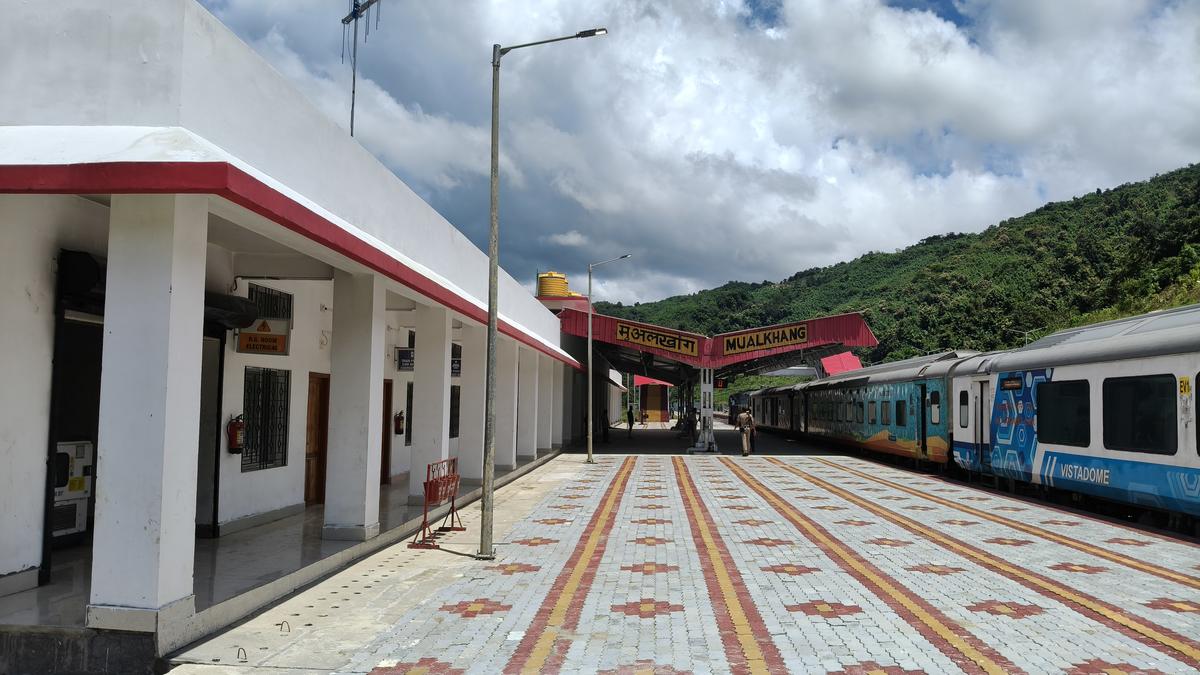Now Reading: Elgar Parishad Case: Supreme Court Postpones Surendra Gadling’s Bail Hearing to September 17
-
01
Elgar Parishad Case: Supreme Court Postpones Surendra Gadling’s Bail Hearing to September 17
Elgar Parishad Case: Supreme Court Postpones Surendra Gadling’s Bail Hearing to September 17

Speedy Summary
- The Supreme Court deferred the bail plea hearing of Surendra gadling to September 17, 2025.
- Gadling is accused in the Elgar Parishad-Maoist links case adn has been incarcerated for over six years without charges being framed.
- A Bench led by Justices J.K.Maheshwari and K. Vinod Chandran postponed the matter, citing a time request from Additional Solicitor General S.V. Raju.
- Senior advocate Anand Grover argued against the adjournment, noting multiple delays and highlighting Gadling’s prolonged incarceration since 2017.
- Justice M.M Sundresh had earlier recused himself from hearing the case, leading Chief Justice B.R Gavai to reschedule it for today’s proceedings which were again deferred.
- The NIA claims that Gadling provided confidential information to Maoists about government operations and maps while allegedly encouraging opposition at sites like Surjagarh mines.
- Accusations are linked to provocative speeches given during the Elgar Parishad conclave held on December 31, 2017 in Pune-triggering Koregaon-Bhima violence on January 1, 2018.
- Related cases include activist Mahesh Raut receiving bail stayed by the NIA’s intervention along with pending petitions of activist Jyoti Jagtap.
indian Opinion Analysis
The repeated deferral of Surendra Gadling’s bail plea underscores both procedural complexities and concerns surrounding systemic delays within india’s judicial framework for high-stakes cases under stringent laws like UAPA (Unlawful Activities Prevention Act).Prolonged incarcerations without framed charges point towards possible gaps between due process protections versus national security imperatives as invoked by investigating agencies like NIA.
If unresolved promptly, such delays may not onyl challenge individual rights but also raise broader questions about balancing fair trial principles with terrorism-related law enforcement efficiency-critical issues staring at India’s evolving legal landscape amid socio-political sensitivities tied historically around violent resistance versus civil dissent.*
For more details: The Hindu
























